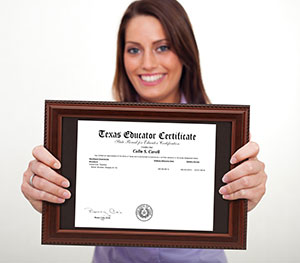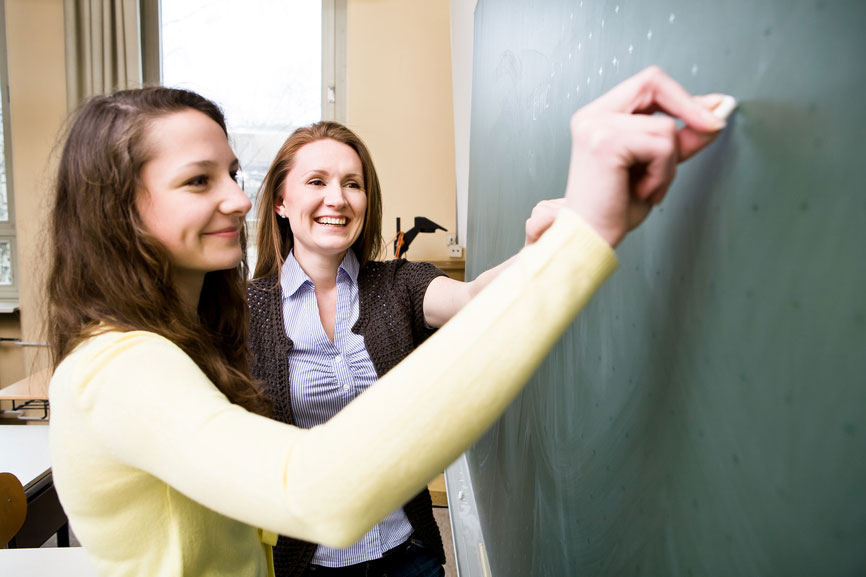Special Education
Special education refers to instruction that is modified to accommodate students with special needs, including:
- learning disabilities – difficulty in reading, writing, spelling, speaking and organizing information
- mental health disorders – including mood, psychotic, eating or personality disorders
- physical or developmental impairments – difficulty performing normal tasks related to mobility, self-care and meeting general life tasks and demands.
- Giftedness – high levels of accomplishment compared to other students of the same age
Special education teachers work with these students and adjust schools’ general curriculum to accommodate children’s educational needs. Most work in grade schools, though some may work in preschool or adult facilities.
Special education is a challenging but rewarding field, and the talented individuals who work in this area enjoy ample job prospects.
History of Special Education
In past centuries, children with special needs were often seen as a problem and excluded from the mainstream educational system. This idea began to change with psychology’s Early Childhood Intervention Theories, developed in the 1960s. The Early Intervention Theories supported the idea that, the sooner children received special education, the better their development and ability to progress. Likewise, providing special education to children early also better equipped parents to serve as advocates.
Formal special education in the United States developed with several acts of legislation.
The Education for All Handicapped Children Act, of 1975, required all pubic schools in the U.S. to provide services for children with diagnosed learning disabilities. The Act was renewed in 1986 as the Individuals with Disabilities Education Act.
The Individuals with Disabilities Education Improvement Act, signed by President George W. Bush in 2004 serves nearly 7 million disabled children and teens in the United States today.
Special Education Methods
Special education methods vary based on school and the needs of the children enrolled in the programs.
In most districts, special education programs are co-located with mainstream classrooms. While children with severe special needs may remain in separate rooms the entire school day, the majority attend classes with their peers and receive additional support through supplementary special education programs.
Special education instructors may support these students in one of several ways. In some schools, the teachers sit alongside students in traditional classes and offer the assistance they need to grasp concepts being taught.
In other cases, special education instructors work in separate rooms with adapted conditions to meet students’ physical, speech or language needs.
Special education teachers offering outreach services like speech therapy and autism outreach may visit several schools on a rotating basis.
Regardless of the format, special education services are essential to providing students the physical, emotional or developmental help they need to access subject matter.
Special Education Teachers
Individuals interested in pursuing a career in special education in the state of Texas should have a Bachelors degree as well as a GPA of 2.5 or higher.
Those who lack Texas teacher’s certification can benefit from the Web-Centric Alternative Certification Program (WCACP) , an entirely online certification course that can be completed in as little as twelve weeks.
The Program’s EC-12 Special Education content area provides certification to teach English resource, math resource, science resource, social studies resource, content mastery, inclusion or life skills at the elementary though high school level.
Special Education Resources
Individuals considering a career in special education can obtain plenty of resources through a simple Internet search. The National Association of Special Education Teachers (NASET) is a national membership organization “dedicated solely to meeting the needs of special education teachers and those preparing for the field of special education teaching."
The U.S. Department of Education’s Office of Special Education and Rehabilitative Services (OSERS) offers support to parents, school districts and states in the areas of special education, vocational rehabilitation and research.











